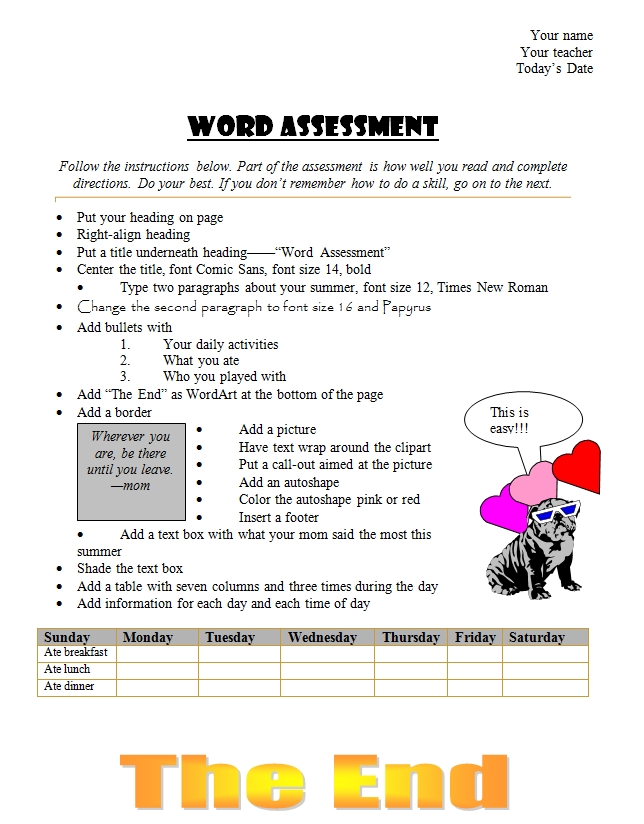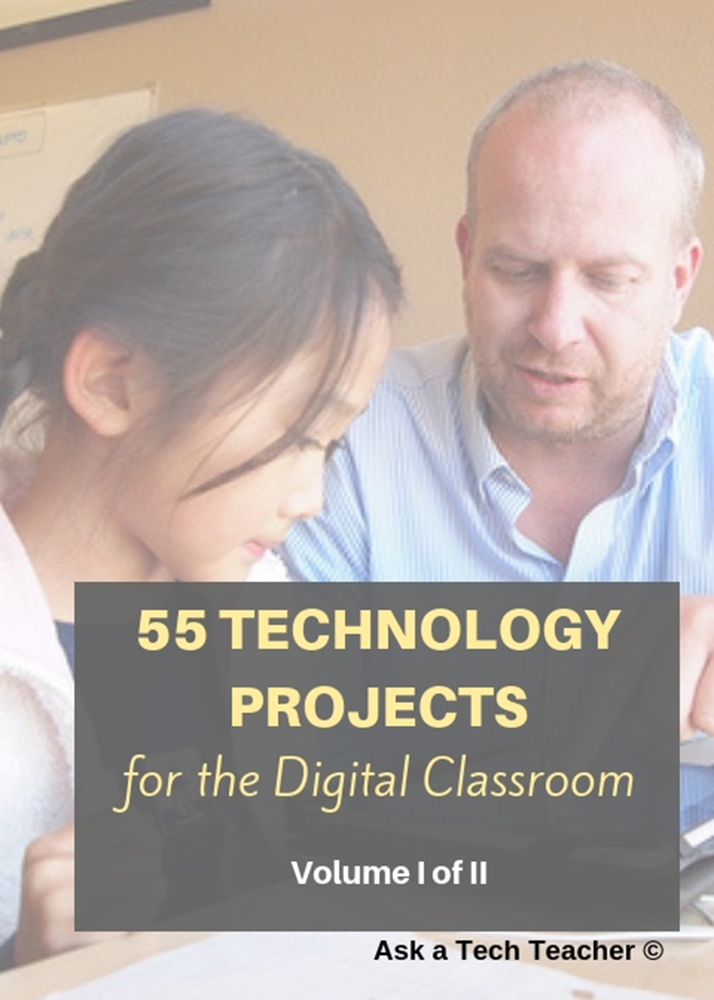Explore the benefits and drawbacks of AI in essay writing, including its impact on student learning. Unveil the evolving future of writing education with AI through these suggestions from the Ask a Tech Teacher team.
AI and Writing Essays: Pros and Cons, How Will Students Learn to Write if an AI Writes It for Them?
In the fast-changing digital world, integrating AI into education is both a breakthrough and a problem. AI’s influence in essay writing is growing, highlighting both advantages and significant issues. AI algorithms use massive datasets and natural language processing to produce content that replicates student writing styles as teaching tools. This technology will transform education by personalizing learning and meeting various student demands.
Understanding AI in Academic Writing
AI in academic writing is changing how students write essays. AI systems with powerful algorithms analyze large data sets to generate structured writing that follows grammatical and stylistic rules. These programs create essays and provide critical comments to help students improve their drafts. AI writing helpers’ real-time feedback on grammar, vocabulary, coherence, and argument structure is their crucial draw. On-demand help is beneficial in educational settings where traditional support services are scarce or overloaded.
Pros of AI Writing Assistance
Enhanced Efficiency and Productivity
AI significantly impacts writing efficiency. Drafts are produced faster, giving students more time for other academic or extracurricular activities. This change reduces writing assignment stress and time pressure, improving productivity and learning. AI technologies can also help students who struggle with specific writing processes maintain a consistent writing quality. AI automates grammar checking and fundamental composition, letting students focus on creativity and analysis.
Improved Writing Quality
For many students, especially those learning English as a second language, AI technologies are essential for language and writing improvement. These tools fix grammar, vocabulary, and stylistic consistency, significantly improving essay quality. While using these AI systems, pupils learn from the errors and recommendations, gradually enhancing their writing abilities. Students need this educational benefit to succeed academically and build writing confidence.
However, when leveraging such tools for school assignments, it’s crucial to ensure the work remains authentic because teachers always check AI% in Turnitin or other detectors. In cases where you might need additional support, you can rely on https://writepaperfor.me to help you cope with your projects. However, utilizing these resources responsibly is critical for students to succeed academically and build writing confidence.
Accessible Educational Support
AI writing tools make high-quality writing help available to more students, regardless of geography or income. It is crucial in isolated or impoverished places with little educational resources. AI technologies are available online, frequently for free, giving all students access to sophisticated writing help. This widespread availability can help level the academic playing field and give every kid a chance to flourish.
Cons of AI-Assisted Essay Writing
Diminished Development of Writing Skills
AI technologies help, but they also threaten autonomous writing. If students overuse AI to write essays, they may not engage in critical thinking and creativity. Over-reliance on AI can impair writing skills without lowering educational attainment. Educational institutions must balance using AI technologies with keeping students engaged in the learning process, especially in improving their creative and precise thinking skills.
Academic Integrity Issues
Writing with AI raises complicated academic integrity problems. Student work can become confused with AI-assisted content, raising worries about plagiarism and authenticity. Educational institutions must have AI policies for scholarly writing to teach students the value of academic integrity. Students learn about the ethics of employing AI technologies, including credit and the value of original ideas in scholarly work.
Potential for Dependence
Students may become dependent on AI technologies because they find writing difficult without them. This reliance may hinder their performance in timed examinations or in-class tasks without AI technologies. To reduce this risk, educators must stress autonomous writing abilities and encourage actions that reinforce them while integrating AI technologies into the classroom environment.
Navigating the Implications for Educational Development
AI integration into education needs careful planning to maximize advantages and minimize problems. Policymakers and educators must collaborate to use AI tools to enhance traditional teaching techniques and promote complete educational growth. It involves establishing adaptable learning environments where AI technologies are utilized as complements rather than replacements, encouraging students to learn and adapt. As students prepare for future careers, understanding the landscape of higher education becomes crucial. Visit https://www.documentarytube.com/articles/the-10-top-college-majors-for-the-future/ to learn about top college majors and which fields are leading and adapting well to AI. Students can use this information to make educated educational and career choices.
Integrating AI Tools Responsibly
Schools and colleges should use a mixed approach with AI and human monitoring to integrate AI into education. This technique guarantees that while AI supports and streamlines writing, instructors guide and analyze student growth. This technique reduces AI reliance hazards and enhances education by combining technology and traditional teaching.
Fostering Critical Thinking and Creativity
Critical thinking and creativity, which AI cannot do, must be emphasized in school. Encourage students to critically evaluate AI-generated material and utilize it as a foundation for inquiry and invention to improve learning and engagement. By encouraging kids to go beyond AI-generated solutions, instructors can foster a culture of creativity and critical thinking over memorization and passive consumption.
Addressing Ethical and Academic Integrity
Explicit norms and teaching programs on AI writing ethics are essential. These should cover AI tool ethics, including plagiarism and academic honesty, as well as technological concerns. Workshops, seminars, and discussion groups may explain these difficulties and promote creativity and integrity in academia.
Conclusion: Balancing Technology and Tradition
AI in education has several potential problems. As AI advances, educators must be watchful and proactive in incorporating new technologies to improve learning while safeguarding education’s essential ideals. By balancing technology help with conventional educational techniques, we can educate pupils for academic success in a digitally driven society.
Here’s the sign-up link if the image above doesn’t work:
https://forms.aweber.com/form/07/1910174607.htm
“The content presented in this blog are the result of creative imagination and not intended for use, reproduction, or incorporation into any artificial intelligence training or machine learning systems without prior written consent from the author.”
Jacqui Murray has been teaching K-18 technology for 30 years. She is the editor/author of over a hundred tech ed resources including a K-12 technology curriculum, K-8 keyboard curriculum, K-8 Digital Citizenship curriculum. She is an adjunct professor in tech ed, Master Teacher, webmaster for four blogs, CSTA presentation reviewer, freelance journalist on tech ed topics, contributor to NEA Today, and author of the tech thrillers, To Hunt a Sub and Twenty-four Days. You can find her resources at Structured Learning.










































This is all very interesting, Jacqui. I
Oops, I see GBT chat raising its head in my world too and I see it as a big threat to integrity of information.
Lots of interesting information and thoughts. I thought of AI as a threat to learning writing but it has two sides. I did not know about “….AI% in Turnitin or other detectors”